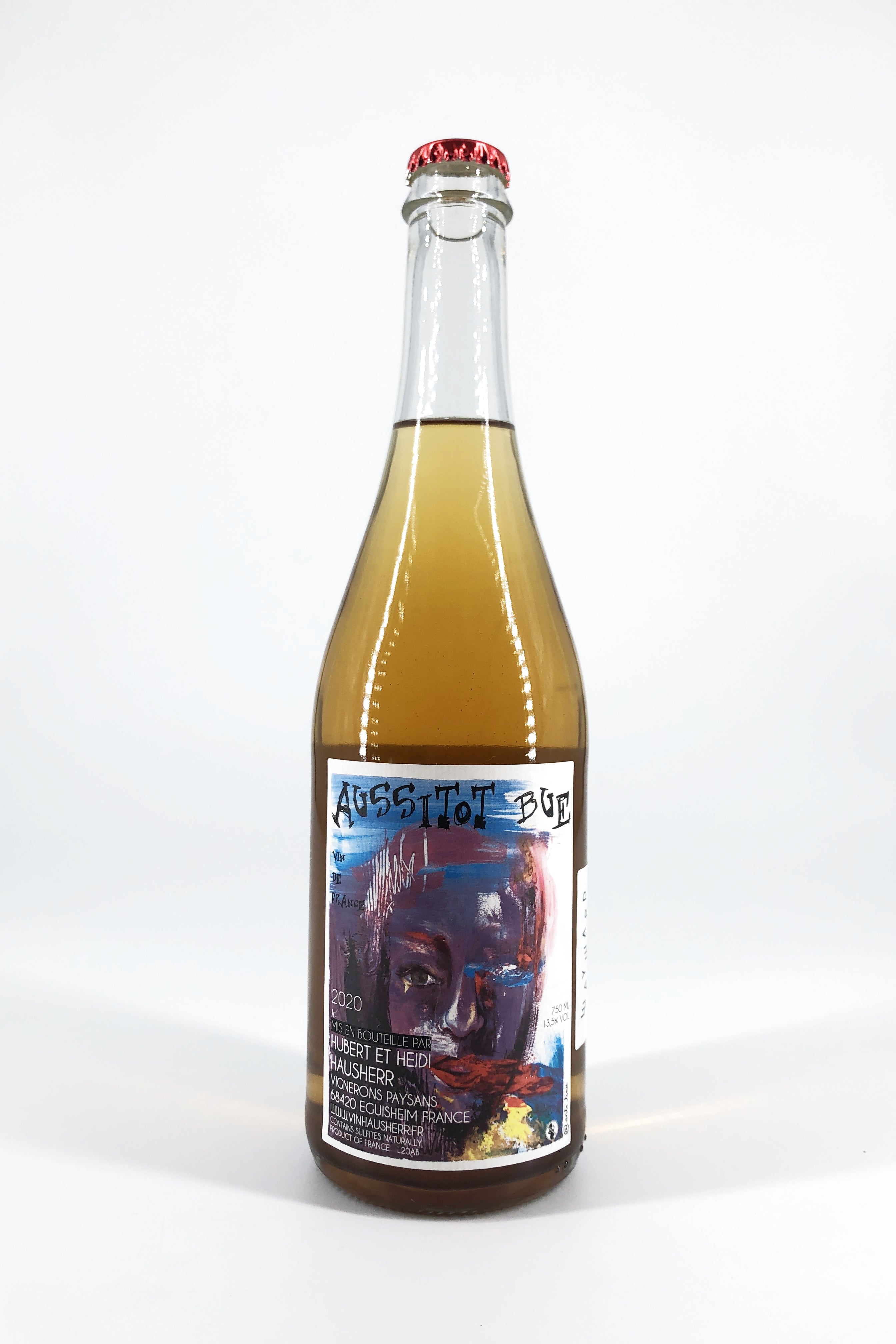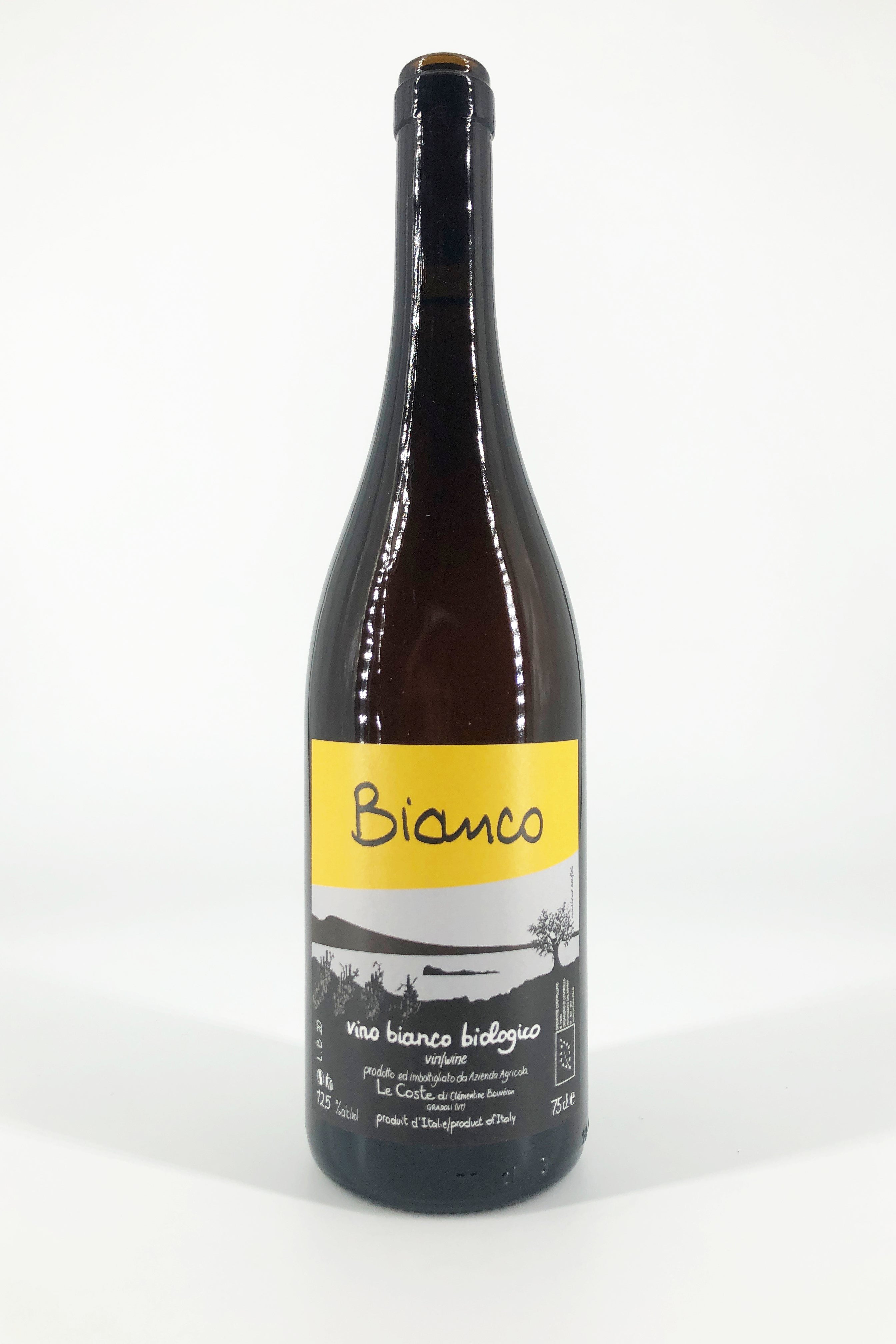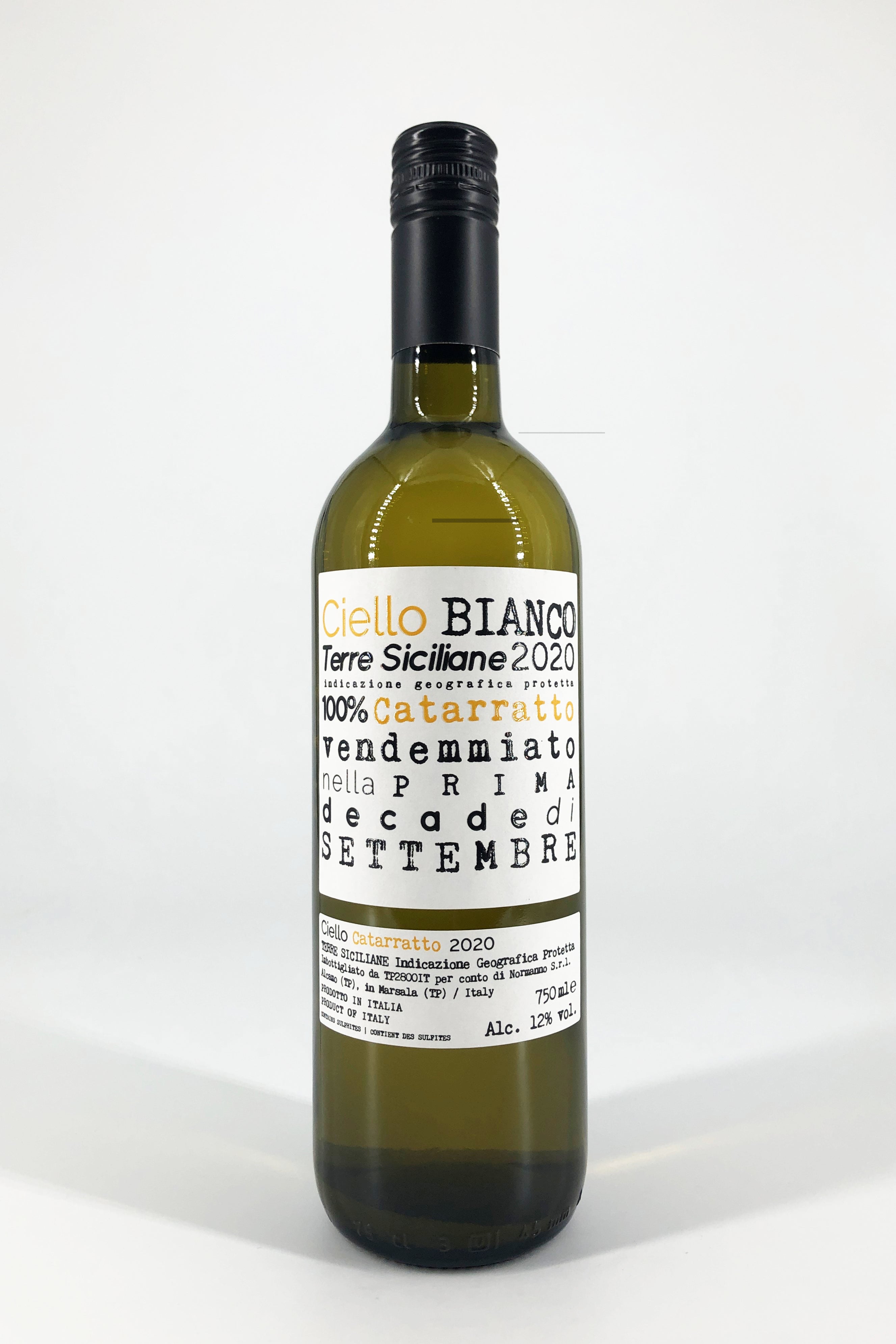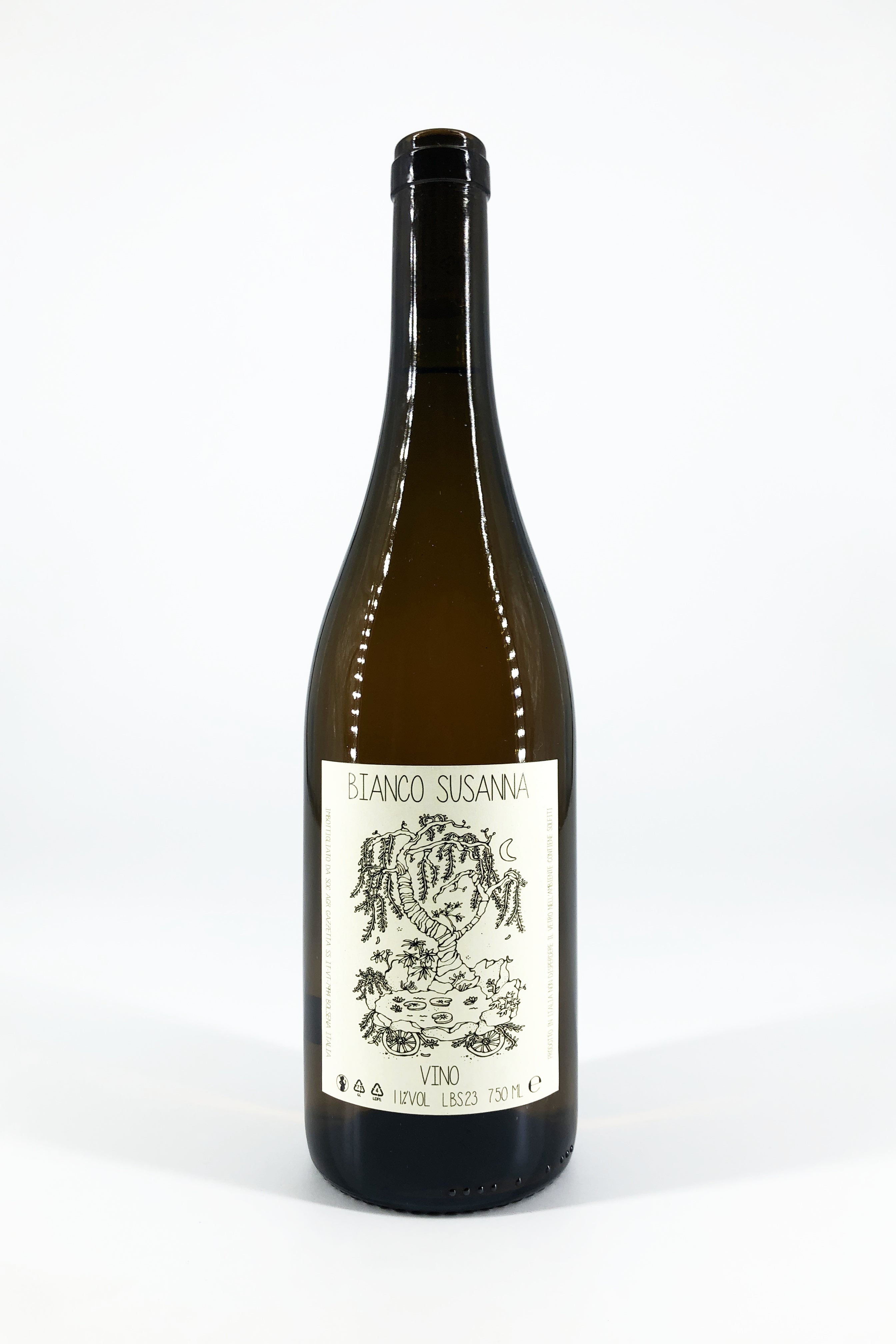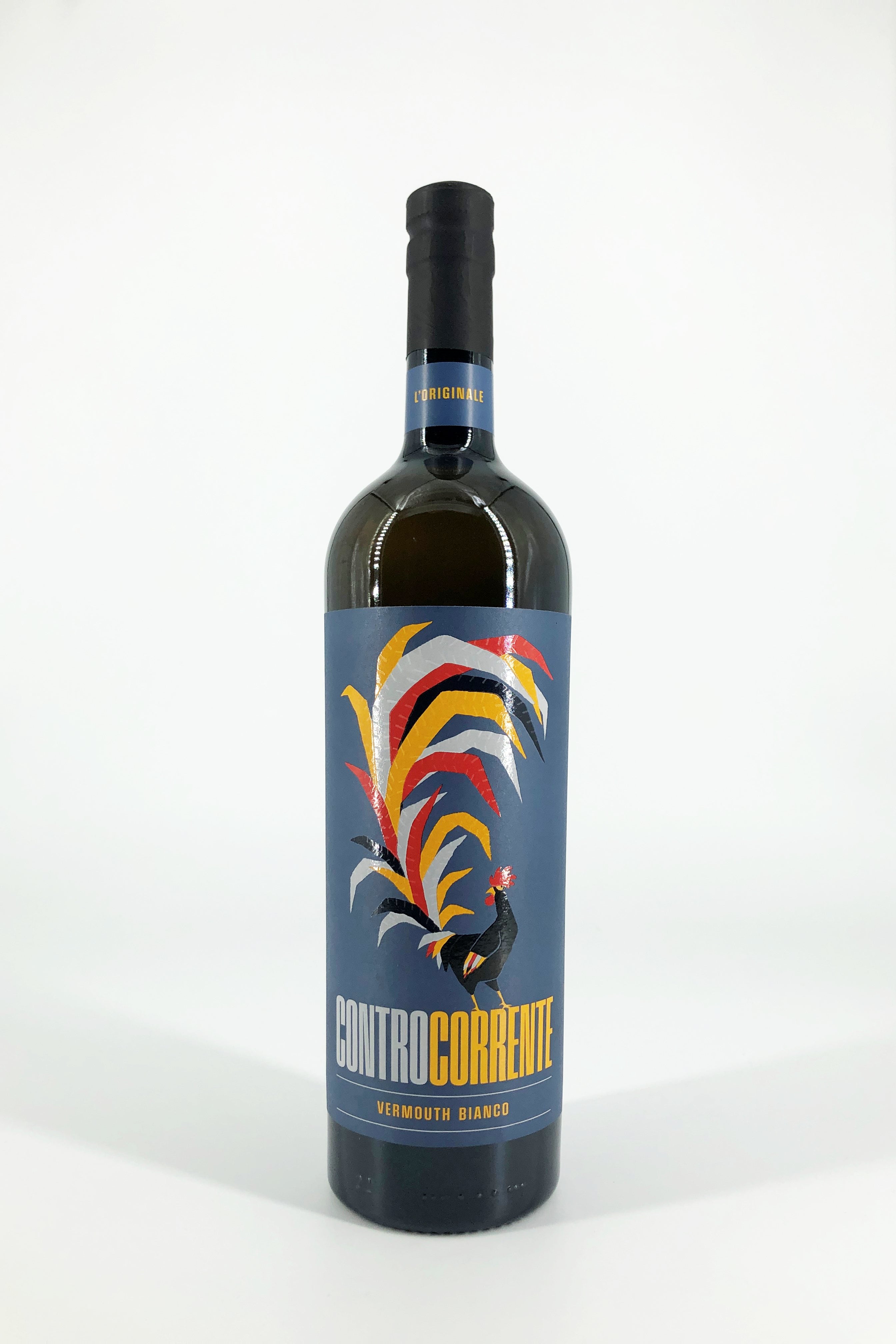Keep up to date
Sign up to our
Wayward Wines
Newsletter
About the Wine
A highly original take on Grolleau Gris, a pink-skinned mutation of Grolleau Noir, most widely known for making rosé. Here the grapes have been direct-pressed to make a compelling ‘blanc de noir’. A hazy shade of sunset in the glass, the wine pairs ripe, tropical fruit, sea salt and stones to brilliant effect, making for a formidable apéritif. The label proudly states ‘only the dead fish swim with the current’, so it is no surprise that Baptiste’s take on Grolleau Gris is one that goes against the grain, and is an exciting example of what happens when you do so. Fresh, textured, hazy and pure. A wine of real curiosity, falling somewhere in-between the white and rosé world.
Made with grapes from 30-year-old vines planted over clay and limestone in the outskirts of the Anjou villiage, Martigné-Briand. The grapes are direct-pressed into 3000-litre conical oak vats where fermentation takes place before being transferred into large fibre-glass tanks. Pure and nourishing, a wonderful expression of the lesser-known grape.
About Le Batossay
The son of legendary vigneron Olivier Cousin, Baptiste grew up in the vines. He is the fourth generation to tend his family’s vineyards in the Anjou village of Martigné-Briand and it is little surprise that he has continued the family tradition of tending land with great care and producing pure wines full of soul and vitality.
After working and learning alongside his father for several years, Baptiste and his wife Gael now farm four and half hectares of old vines planted amongst fruit trees and forests across three parcels. The terroir varies between quartz, schist, loam, clay and limestone and having been in the family for many years, the majority of the vines have never been subjected to chemicals. Everything here is done by hand, with Gael taking charge of the ploughing with the help of the family’s horses. The vineyards are a picture of vibrant biodiversity, teeming with life. Outside of the growing season, sheep and goats roam free, eating weeds and in turn fertilising the soils. Using the simplest and most traditional techniques, the wines of Baptise speak volumes of his family’s tradition and reflect such a beautiful sense of place.





